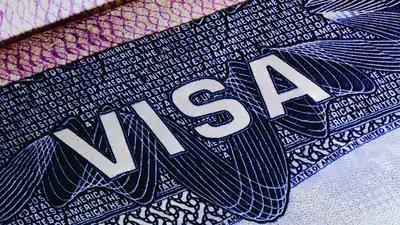The United States has enacted a more stringent immigration policy that grants authorities the authority to refuse or cancel visas based on a person’s social media activity. The action follows increased worries regarding national security and the dissemination of content seen to encourage or sympathize with terrorism.
Social Media Under Scrutiny
Under the new guidelines, posts by users on sites like Facebook, Twitter, and Instagram are now being closely watched. If someone is found to have shared or supported content that seems to endorse antisemitic terrorist groups or ideologies, it may lead to severe actions against them, such as cancellation of their visa or refusal to enter the nation.
Zero Tolerance Approach
The warning is unmistakable: the American government is going in for zero tolerance against people demonstrating sympathy with entities deemed perilous or extremist in nature. Immigration officials are deliberately going after pieces of content likely to be taken as pro to any organization which the U.S. has declassified as an entity hostile to national or world peace.
Huge Visa Categories Impacted
The policy is broad in impact, reaching as it does students and tourists and workers and green card holders alike. Even already-issued valid visas and green cards may be revoked if noticed engaging in problematic online behavior. The regulations serve to highlight how increasingly significant online traces are for government vetting.
Balancing Security and Freedom
While the move has been welcomed by some as a necessary step to safeguard national interests, others have been concerned with freedom of speech and privacy. Critics are warning that such steps could result in unreasonable targeting or misinterpretation of posts taken out of context, causing harm to innocent people.
What Applicants Should Know
Potential immigrants and present visa holders alike are being exhorted to think about their online postings and use caution in how they express themselves on social networks. Authorities also anticipate ongoing growing expansion of cyberspace snooping for reasons of national security.
With online life evermore deeply enmeshed in “real world” implications, America’s immigration machinery is leaving it in no uncertain terms: activities online are neither private nor harmless.






